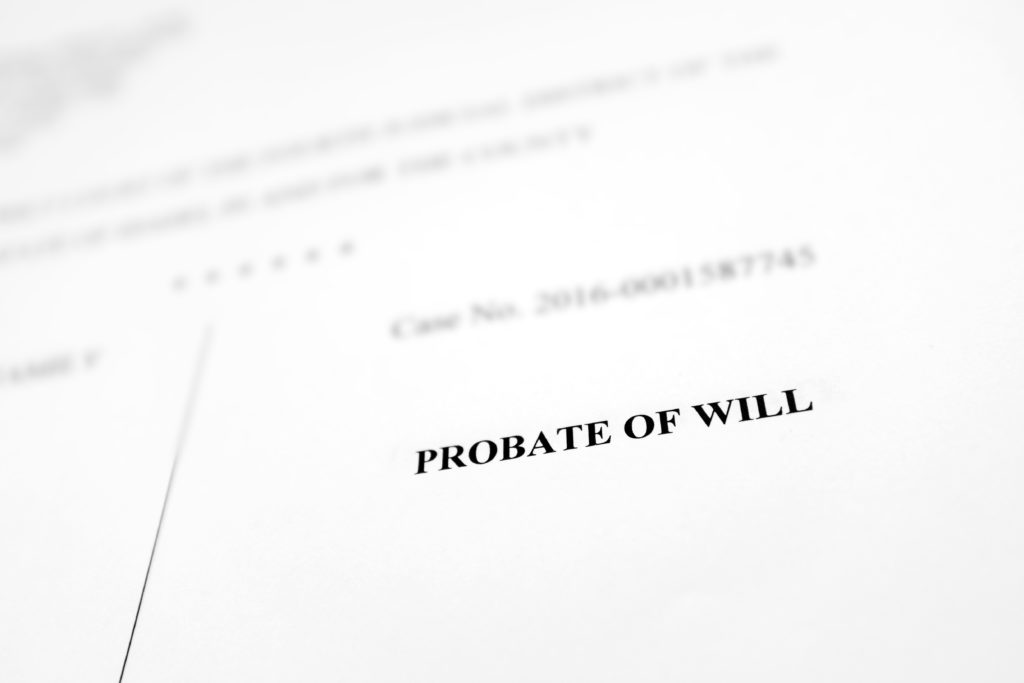
Probate Court & What Occurs There
A will sets out how you want your possessions and money divided upon your death. However, there is a process that must occur before those you named get the things you indicated. There is a chance that your estate will need to go through a court process called probate. Learn more about what happens during probate court.
The Executor Notifies the Court
When you draft a will, you must choose someone to be the administrator or executor of the estate. This should be a person you trust and know who is capable of following the court process and the instructions in your will. The first step of probate is filing the will with the local court and then opening probate. A certified death certificate is also required at this step.
The Estate Financials Are Gathered
The executor must gather together all financial information about your estate. This is all of your bank accounts, investments, property records, debts, etc. Then, the total value of the estate and outstanding debt is submitted to the court.
Notices Are Sent to Creditors and Heirs
Once probate is open, the court will instruct the executor to notify applicable creditors that the process has started. Anyone to whom you owed money must be informed of your death. They must then respond in writing if they plan on recovering money from your estate. There may also be a publication about the estate being probated for anyone else who believes they have a debt that your estate needs to pay. Anyone named in the will is also notified at this point. As with creditors, people who believe they have a stake in your estate may file paperwork with the court indicating such belief.
The Estate Is Distributed
After all claims are made to the court and proved or disproved, the court will then order the executor to disburse payments to creditors first. This does not mean every debt gets paid in full, and sometimes, the executor may return collateral, such as a vehicle, rather than pay the amount due. After the debts are paid, the executor may disburse the remaining items and assets to named heirs. Upon the final transfer, the executor files a notice that closes probate.
Probate is not as scary as many believe, but it is technical and may be lengthy. A probate lawyer can provide guidance and assistance along the way from a firm like Brandy Austin Law Firm, PLLC. You may want to retain one to not only draft the will but help administrate it after you’re gone.
